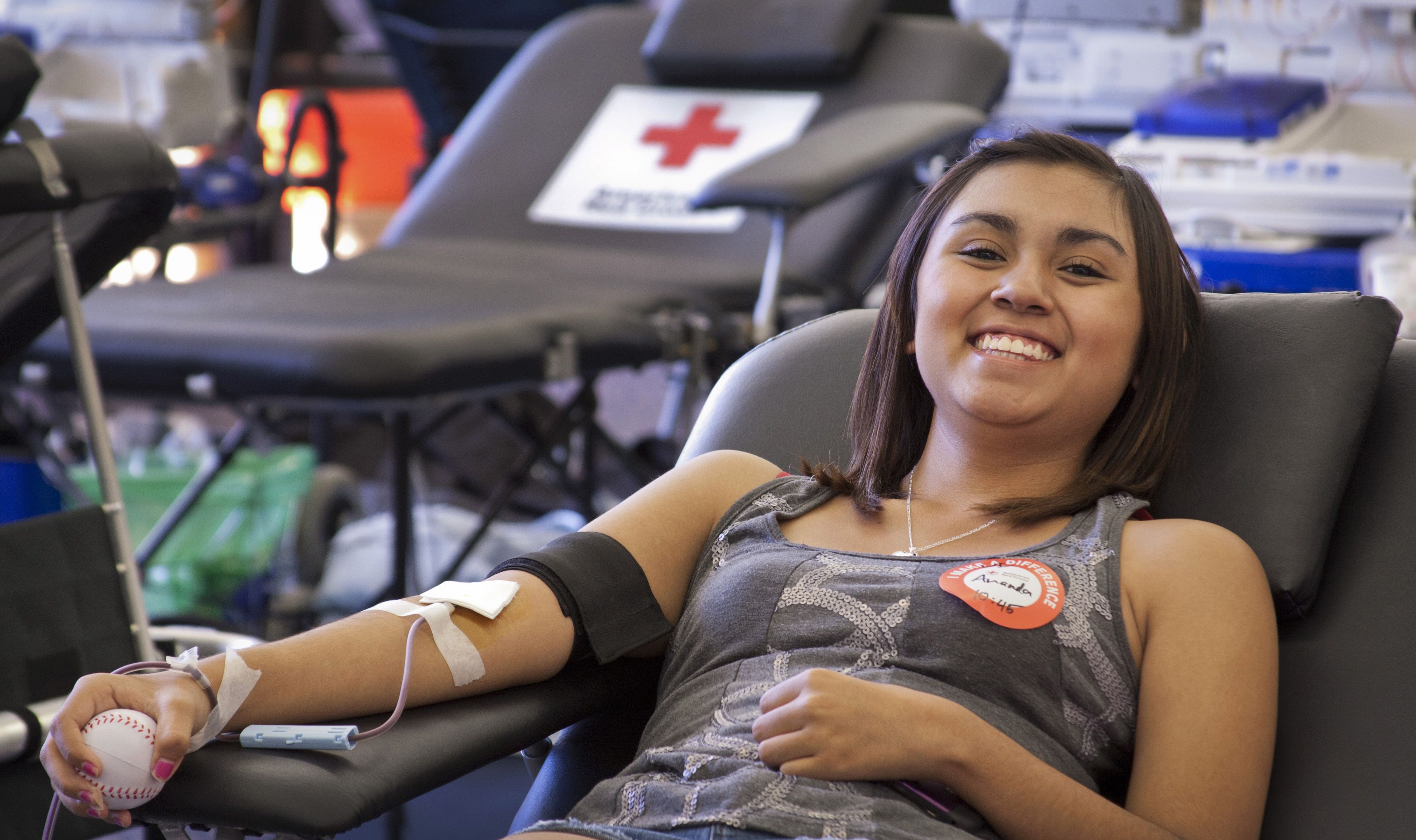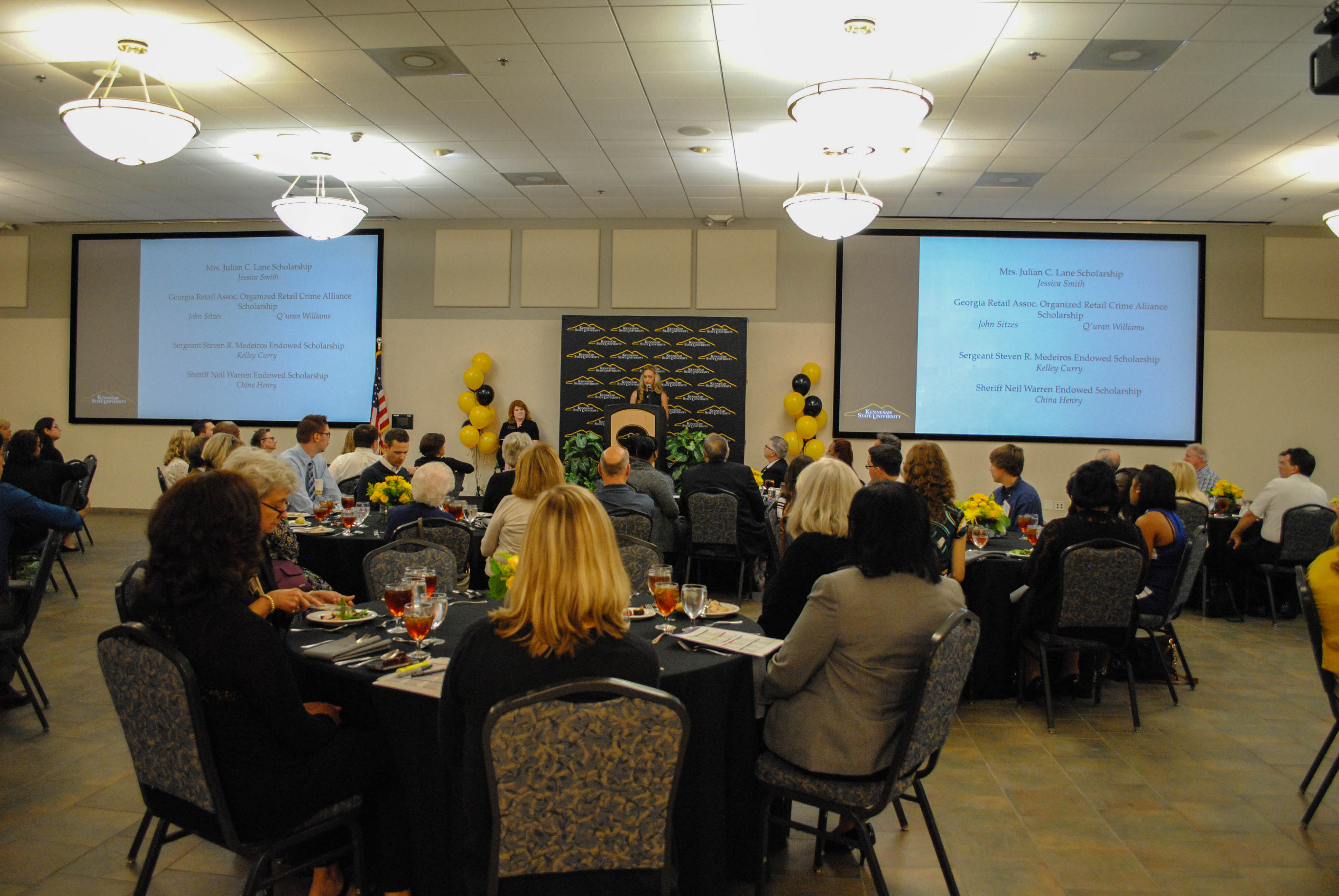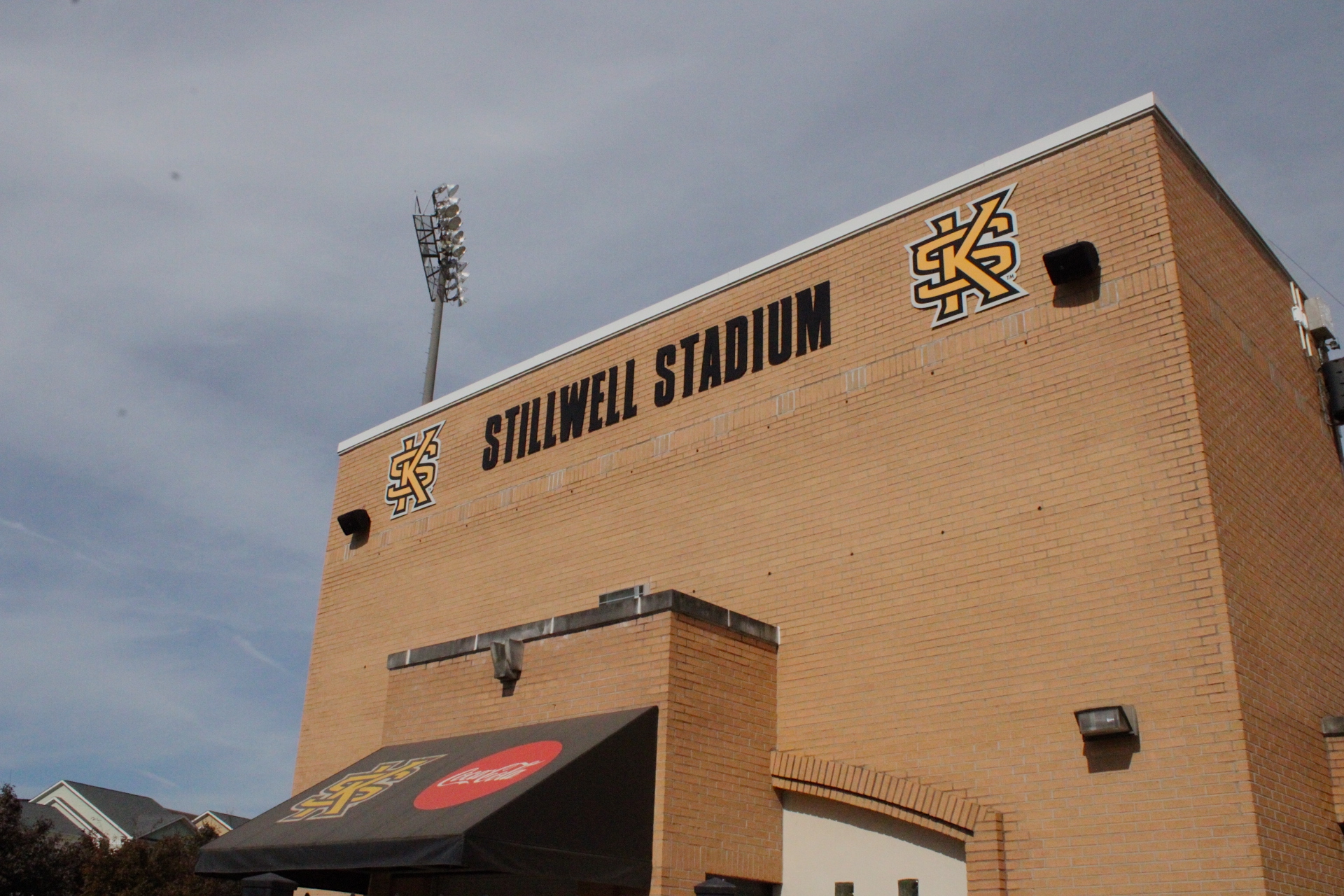This article was written by Zaire Breedlove and Devyn Woodard
KSU’s Party for Socialism and Liberation hosted a rally on the anniversary of Hamas’ Oct. 7 attack, just feet away from pro-Israel student groups.
On Oct. 7, 2023, Hamas launched its largest-ever assault on Israel, codenamed Al-Aqsa Flood, beginning with rocket attacks and the infiltration of around 6,000 militants into Israeli territory.
The attack targeted over 100 sites, mostly civilian, resulting in the deaths of over 1,100 people, including nearly 800 civilians and the taking of 240 hostages.
In response, Israel initiated an aerial bombardment campaign on Gaza, followed by a ground invasion. Israeli actions have been met with accusations of war crimes, as over 40,000 Palestinians, mostly civilians, have been killed.
Meanwhile, Hezbollah, a militant group in Lebanon, has launched rocket attacks into northern Israel that displaced tens of thousands of people. In retaliation, Israel launched strikes in Lebanon, killing Hezbollah’s leader, Hassan Nasrallah, and further intensifying the conflict with a full incursion into the territory of Lebanon.

On the first anniversary of Hamas’ Oct. 7th attack on Israel, several student groups took to the Campus Green. Protests in support of Palestine were held by Kennesaw State’s Party for Socialism and Liberation (PSL) chapter. Meanwhile, several Jewish student groups, including Hillel and Chabad operated tents and tables. Just feet away from each other, the groups remained peaceful.
Rabbi Zalman Charytan, who headed the Chabad table and leads the Kennesaw Chabad House, spoke with The Sentinel about the significance of Oct. 7, and his approach to reconciling with the events that took place.
“October 7th was a day that tragically brought a lot of hate and evil and darkness to the world”, said Charytan. “My Mentor would always teach us that the best way to combat darkness and hatred is with light.”
The Chabad table handed out small plastic arcs, which could be used to store coins and represented their push for acts of random kindness.
“We’re trying to encourage everybody that in memory of those who lost their lives on [that day]” Charytan said. “And in honor of the hostages who are still being held in the worst of conditions, they should take upon themselves to do an act of random kindness.”
Throughout the afternoon, the PSL continued their protest, chanting and holding signs in support of Palestine and Lebanon.
The group rotated chant leaders, one of whom was Lupe M. When asked how she believed their demonstration was bringing light to issues in Palestine she responded, “I think this demonstration helps people who are just passing by and helps them see that we are here demanding an end to the genocide.”
She continued, “As we’re going to school, as we’re doing our daily activities, there are kids, there are moms, dads, people in Palestine and now Lebanon being bombed due to our tax money.”
While representing the beginning of the ongoing Israel-Hamas War, Oct. 7 also represents a day of mourning. Many found their demonstrations to be offensive. Lupe’s message for them was clear, “To those people who say that we shouldn’t be protesting on October 7th, firstly, you shouldn’t have been on that land because it was never your land.”
“You occupied that land for 76 years, you kicked people out of their homes, so you have no right to…so you have no right to be on land that does not belong to you,” she continued.

As The Sentinel continued to cover the protest, we interviewed Norman Radow, a prominent donor and benefactor of the university who expressed his disappointment with the actions of the PSL and their protest on that specific day.
“The fact that the socialist group decided to park right next door, purposely weeks ago, knowing the rawness of October 7th– I find it appalling and very insensitive”, Radow said.
Radow also reflected on the low turnout of the protest, seeing it as an indication of the broader student body sentiment.
“On a campus of almost 48,000 students, with a three-week social media and mass information campaign, only 30 students came, and I think that says a lot right there,” Radow said.
However, he acknowledged the need to educate those who did attend, adding, “That’s 30-40 more kids we [must] educate from believing the crap they read on social media.”
He further contrasted the protest with the presence of Hillel and Chabad tents, noting the absence of American flags at the protests. “You hear screaming, you see loud, angry messages and you don’t see one American flag… Then you come here to Hillel and Chabad and you see people who love this country and support this country even when it has ills that you disagree with,” he said.
Radow continued to emphasize the role of Iran in the regional instability, calling the nation the “axis of evil,” and pointing to their influence in Yemen, Lebanon, Gaza and other parts of the Middle East.
Speaking on Iran, Radow said that if Israel could “cut the head of the snake, all the rest of the snake is gonna die.”
He closed his remarks by expressing his support for Israel’s military response, “The fact that Israel is finally doing something— I don’t think they want to do it… But I support what they’re doing right now.” he said.

Another organizer, Jeremiah Boxley of the PSL was open to comment as well on the situation regarding Israel and the war in the Middle East.
When asked on the topic of how Oct. 7 was viewed as a day for mourning instead of protest, he emphasized that “We feel both are valid”, which acknowledges the ongoing mourning of victims on both sides.
“Our goal is for Palestine to be a place of paradise and not always have genocide associated with it,” Boxley said.
Boxley also discussed the party’s stance on counter-protesters, stating that their focus remains on organizing for Palestine rather than engaging with pro-Israel groups.
“A discourse is up to the people,” he said. “If the people who are with us, who are in support of ending genocide, who are supportive of a liberated Palestine, decide they don’t want to cross and speak to any Zionist, that is their own free will.”
He also discussed alleged KSU investments, arguing that institutions should divest from companies that support Israel’s military efforts. He believes these investments contribute to the ongoing conflict and detract from the university’s role in supporting students’ educations.
When asked about his views on Hamas, Boxley expressed his support.
“Absolutely, as a party, as a person, I stand with the resistance. When we say free the land by any means necessary, we do mean any means necessary,” he said.
Boxley further argued that “there can be no coexistence” when it comes to the state of Israel, and that there can be “no peace amongst people where there is an oppressor and an oppressed,” which many critics have called an echo often associated with calls for continued conflict.
Near the Hillel tent, a group of Jewish students set up what they referred to as a “discussion table,” with the intent of facilitating a civil dialogue around the conflict. A student who was present at the table named David Clark gave The Sentinel a few minutes of his time, first laying out what he felt the main barriers to peace were.
“In the religious aspect between Muslims and Jews, there is a lot of mistrust,” he explained. “There’s the key [element] that there is not going to be [peace]… and this is why I think a two-state solution is not possible either.”
Clark also shared his thoughts on the hostages still being held in Gaza. “There will never be trust between our two groups…if Israel gets their hostages back, how do they know that Israel’s actually going to stop the bombing?”
He continued, this time speaking on Hamas’ hostage strategy saying, “I feel like a lot of people are just like, ‘Oh, they’re just keeping the hostages because they’re bad people’…I feel like they are keeping the hostages because they know they have that leverage.”
As the protest began to end, the divisions on campus reflected a broader schism across the United States. With the Israel-Hamas conflict passing its first year and the U.S. presidential election approaching, the Middle East is becoming a key issue for student voters.
As emotions run high and protests continue, the intersection of global events and American politics is likely to shape the environment of Kennesaw State and the country as a whole.




